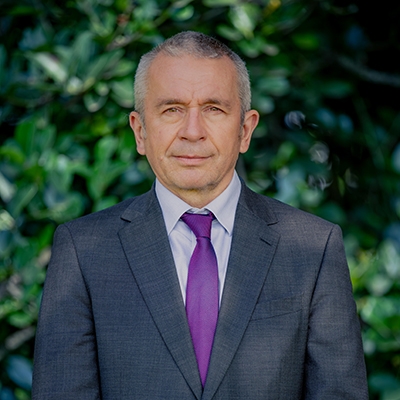In response, many countries are strengthening their climate strategies through peatland management and carbon reduction initiatives; in Indonesia, these efforts are embedded within the national Forestry and Other Land Use (FOLU) targets.
Despite these developments, significant challenges remain. At the global level, the carbon market faces methodological difficulties in measurement, reporting, and verification (MRV); concerns over credibility and transparency; risks of greenwashing; and persistent regulatory and legal uncertainties.
Within this context, FOLU represents Indonesia’s strategic plan to achieve carbon neutrality by enhancing carbon absorption and reducing emissions from its forestry and land-use sectors.
The Indonesia carbon market provides a financing mechanism for FOLU efforts by enabling the trading of carbon credits generated through activities such as forest conservation and rehabilitation. This linkage is critical, as achieving the FOLU Net Sink 2030 target requires substantial and sustainable financing that is resources that the carbon market can help mobilize while simultaneously creating economic opportunities for emission reductions within the sector.
Objectives
- Examine current efforts in tropical peatland restoration, carbon management, and FOLU implementation in Indonesia and other countries.
- Share lessons learned and best practices to strengthen credibility, ensure carbon permanence, and improve financing mechanisms.
- Identify opportunities for cross-country knowledge exchange, international collaboration, and sustainable financing to support global climate goals.
Output
- A shared understanding of key challenges and opportunities in integrating peatland restoration within global carbon market frameworks.
- Documentation of lessons learned and best practices from Indonesia, Peru, DRC, RoC, and other relevant contexts.
- Enhanced understanding of financing opportunities for peatland and FOLU-related initiatives.
- Strengthened international collaboration and knowledge-sharing networks to support climate mitigation and adaptation efforts.
















